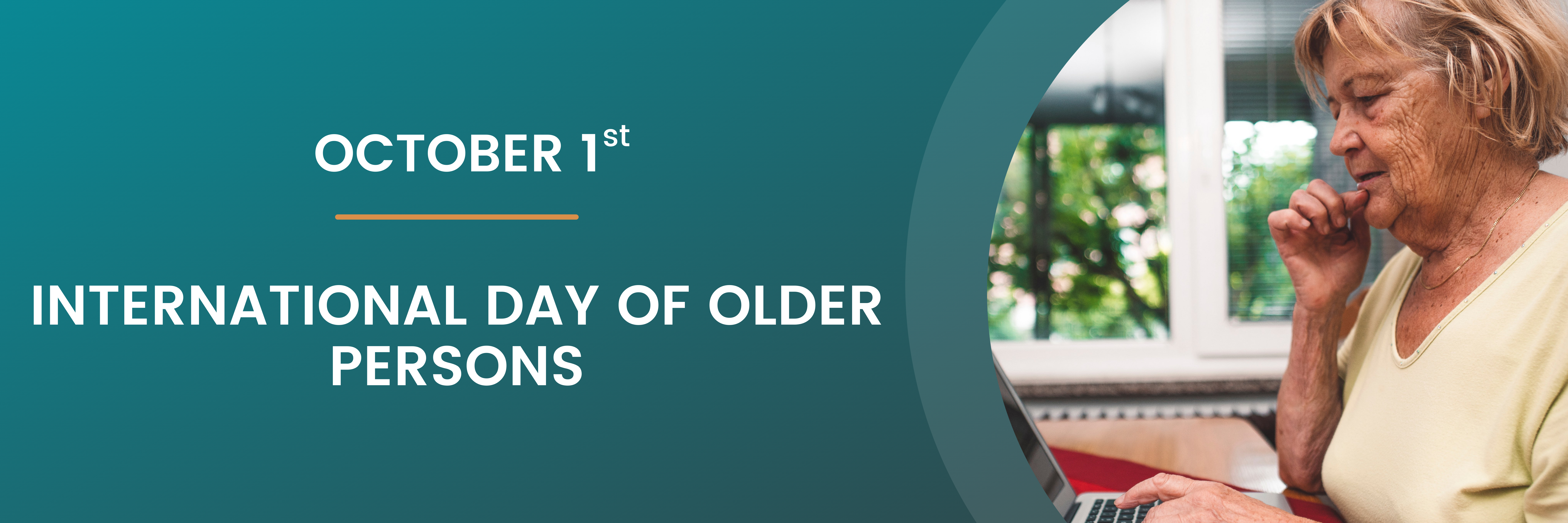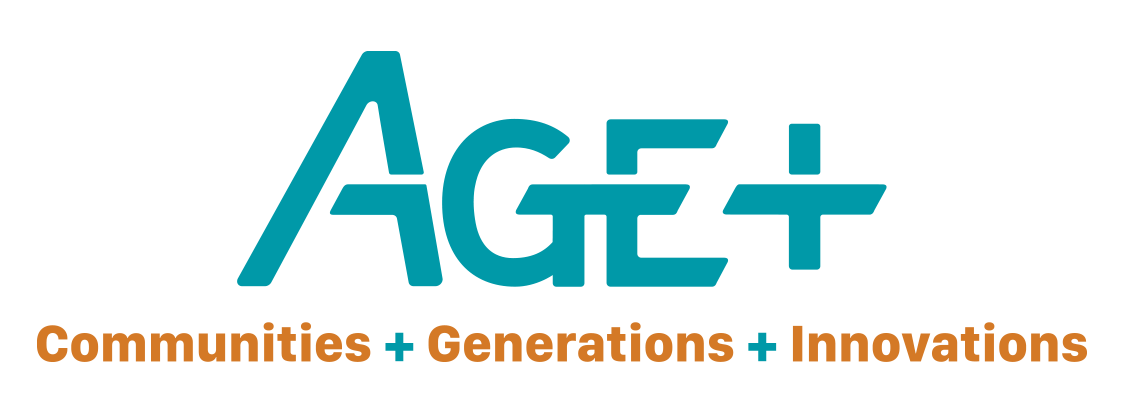
Contribute to the conversation by commenting below!
October 1st is observed every year as the International Day of Older Persons. This year’s theme, “Digital Equity for all Ages,” feels especially significant to AGE+. As the world of technology seems to grow by the second, we know that many older adults have historically remained hesitant toward digital tools and services compared to younger generations. Lack of access to the internet, as well as barriers like disability or fear of vulnerability, contribute to significant challenges that may prevent older adults from participating in online activities.
So what does this mean? Well, many older adults experience isolation regularly, but as we pass the 18-month mark of the pandemic, we know this isolation has been even further exacerbated. Neighbors and loved ones remain socially distant and institutions that provide opportunities for social support, such as places of worship or community centers, have closed their doors for safety. While many people find the internet to be a valuable tool in maintaining social connection, many older adults feel lonelier than ever.
The internet plays a pivotal role in connecting people to resources, news, information and social networks of all kinds. Those who are connected can benefit from the wealth of opportunities at their fingertips. From being a more active participant in one’s own healthcare, to feeling confidently informed before making decisions, to sharing a family meal from afar, the internet’s reach is seemingly limitless. Internet access is a right all people should have—and that access needs to be equitable and inclusive.
To AGE+, all of these factors and more make it clear that the need to close this digital divide is more important and necessary than ever. We have been helping to reach thousands of older Oregonians throughout the pandemic with lifesaving information regarding COVID-19. As such, AGE+ has seen firsthand how people of differing abilities and socioeconomic statuses have been forgotten every time a digital tool was created without inclusion in mind. Closing this digital divide isn’t just to help older adults maintain connection and access information—it is needed for them to fully partake in their communities. Older adults are active participants in the workplace. They are volunteers. They are caregivers. They are leaders. They are students—and so much more. Older adults are a source of experience, knowledge and expertise that our communities need to thrive. Giving older neighbors opportunities to successfully participate in their communities can only make communities stronger.
With that, AGE+ is calling on all sectors across Oregon to collaborate, create and adopt more inclusive policies, strategies and actions to achieve digital equity—not only for older adults but for people of all ages.
Tell us how you would help close the digital divide to create a more inclusive sense of community for older Oregonians. How has your community helped connect older neighbors to the online world?


Recent Comments